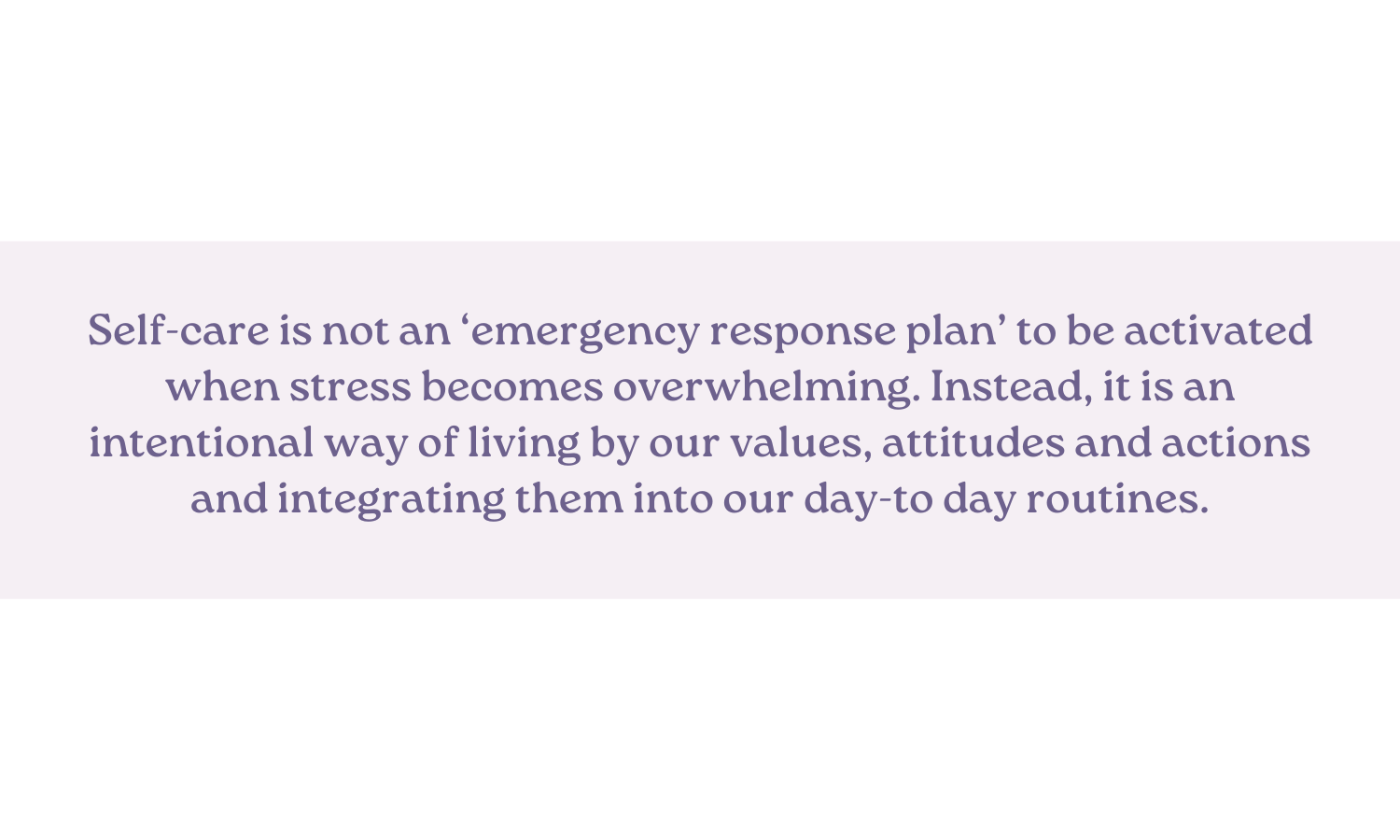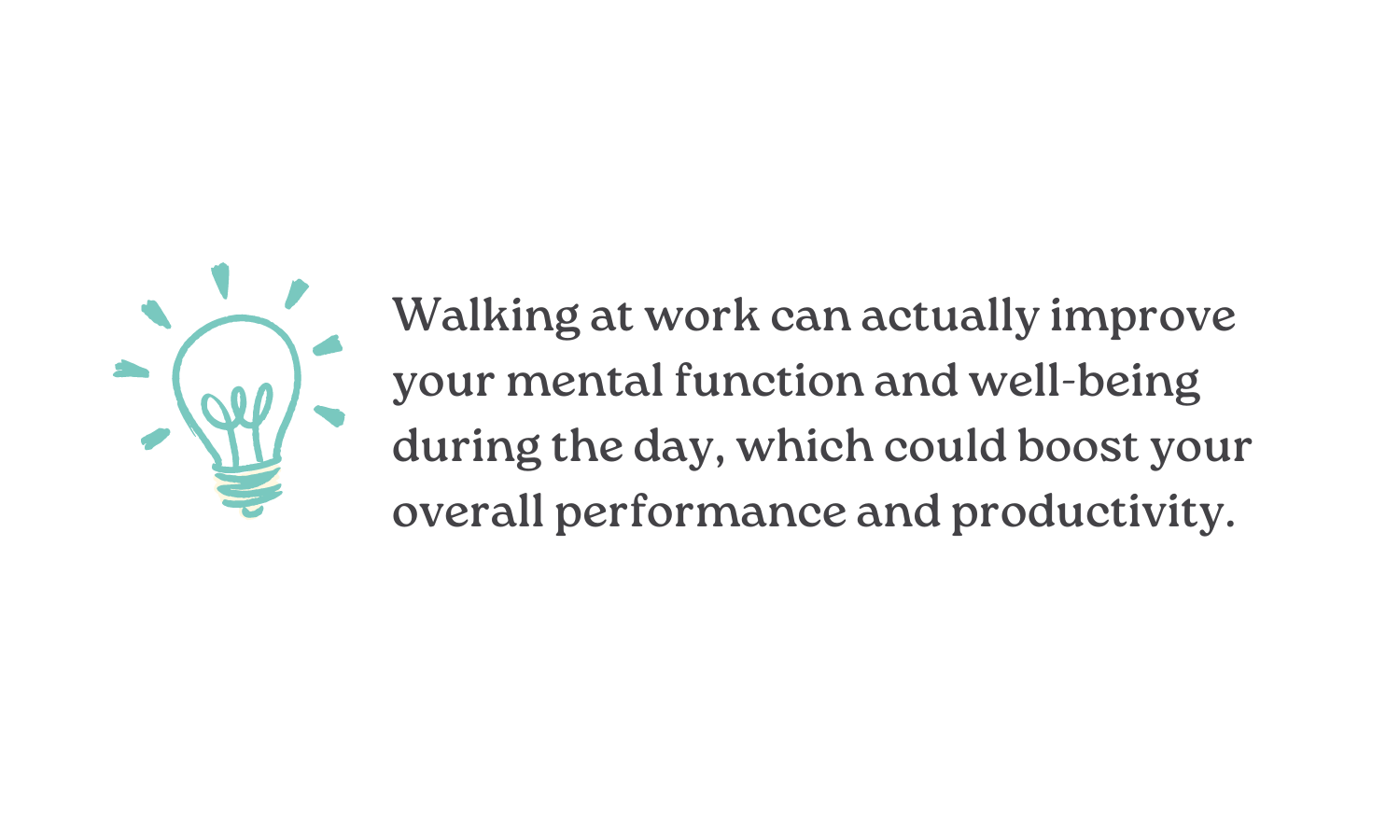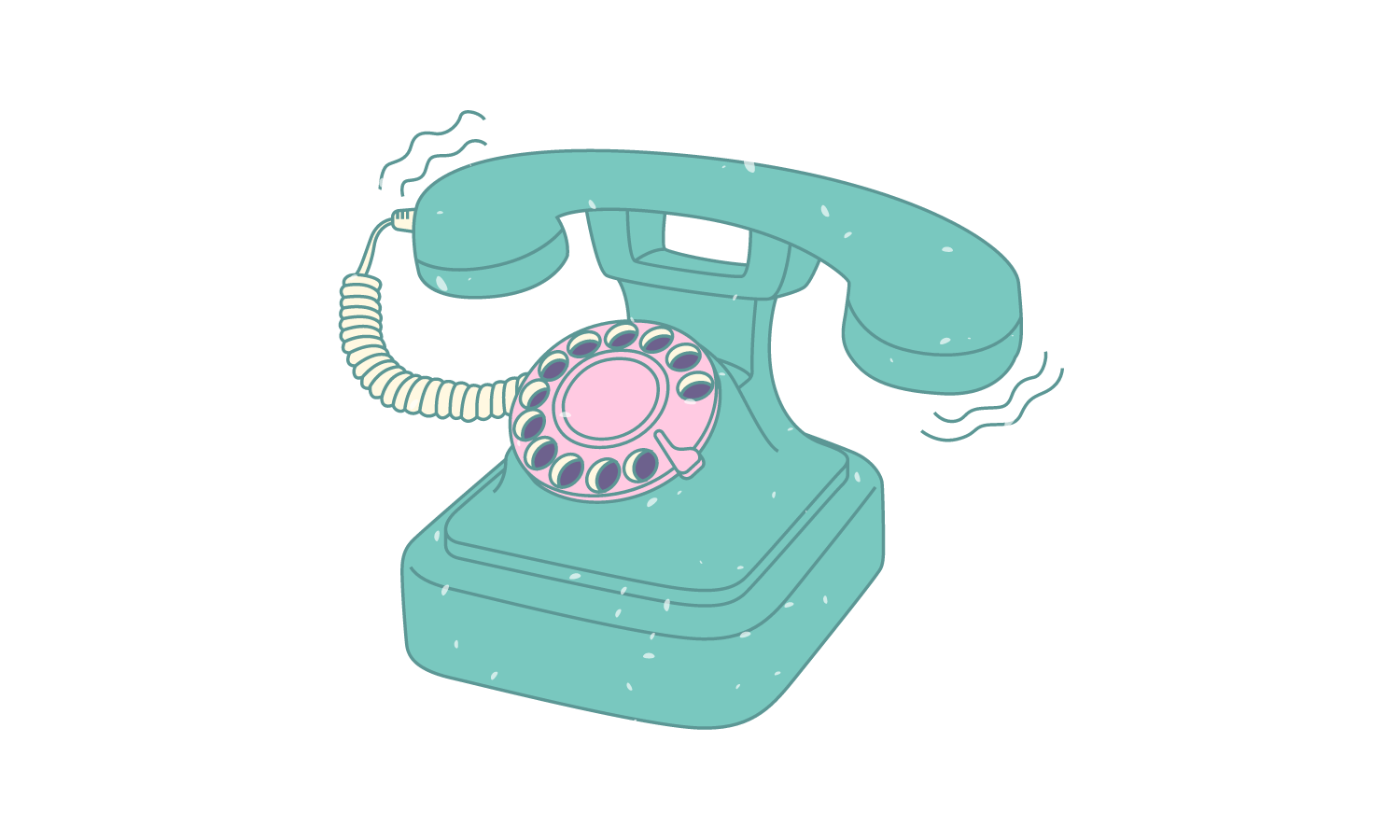From stress to success: Self-care habits in the workplace
In our fast-paced lives, it's easy to get caught up in the daily grind and forget to take care of our mental well-being. We often prioritise physical health over mental health, but the truth is, our minds need just as much attention—if not more.
As mental health becomes a hotter topic with each passing year, it seems like more folks are tuning into their mental well-being. Between work stress, financial worries, and the lingering effects of the cost-of-living crisis, it's no wonder people are feeling the pressure. Google Trends even reveals a steady rise in self-care searches across Australia in recent years. It's not just individuals who stand to gain from self-care practices—companies can benefit too.
Source: Life in Mind
There are plenty of simple yet effective strategies you can incorporate into your workday to prioritise self-care and nurture your mental health. Sure, we all know the basics—get enough sleep, eat well, move your body—but there's so much more you can do, especially during those 9-to-5 hours.
When it comes to well-being, education is key. And by sharing these strategies with your workplace, you can create a culture of mental wellness that benefits everyone.
Research reveals Australia’s biggest stressors:
Other common triggers from the study include losing your phone (emerged as a major trigger for stress), with 43% of Gen Z and 34% of Millennials naming it as their top stress inducer. Other significant triggers included crowded places (23%) and being stuck in traffic (19%).
Source: Medibank
First things first: know your stressors
LifeWorks psychologist, Rebecca Henshall, sheds light on the subtle signs of stress that often go unnoticed until they hit a peak. According to her, stress tends to sneak up on us, gradually building up over time. It can even become a sneaky habit that's tough to shake off. So, what should you be on the lookout for? Rebecca recommends keeping a daily journal of your experiences to pinpoint any recurring patterns.
Don’t cram everything into one day
Ever feel like you're trying to squeeze too much into a single day? It's a common trap many of us fall into. Instead of cramming your schedule with endless tasks and commitments, try to take a step back and assess your days and weeks. Are you leaving any room for downtime? Constantly rushing from one thing to the next can lead to stress overload. Even just slowing down for short periods can work wonders for your mental well-being.
Nurture positive work connections
Your relationships at work can either be a source of support or stress. If you're feeling judged or pressured by your manager or colleagues, it can take a toll on your mental health. On the flip side, strong connections and good communication can act as a buffer against workplace stress. Take time to foster positive relationships with your team in an enjoyable and meaningful way.
Benefits of preventing stress in the workplace
Source: Better Health
Set boundaries
In the workplace, saying no can be challenging, especially with the pressure to meet expectations. However, constantly saying yes and overcommitting only leads to burnout. Be transparent about your workload and communicate with your manager and colleagues when you feel overwhelmed.
Letting your manager and team members know your availability is vital. For instance, you might inform your manager that you'll attend to urgent matters after hours but won't respond to non-urgent requests past 6 pm. Establishing clear boundaries helps manage expectations and reduces stress, ensuring a healthier work-life balance.
Give yourself breathers
Make it a habit to take ‘mini breaks’ throughout your day. Set up reminders on your computer or phone to prompt you to stretch, hydrate, or simply step away from your desk. Studies show these breaks are crucial for allowing your mind and body to reconnect and recharge. If possible, step outside for some fresh air during your breaks as it’s an excellent way to relieve stress, benefiting both your physical and mental well-being.
When you take a stroll outside – ditch the phone and lace up those sneakers. Even a brief, uninterrupted stroll away from the office can do wonders for clearing your head. Plus, walking pumps up your energy levels, you'll return feeling totally refreshed and ready to tackle whatever's next on your plate.
While these tips sound great on paper, keeping up with them in the long haul can be a challenge. So, here's a thought: why not craft your own self-care plan? Think of it like having two versions – one for those perfect, smooth-sailing days, and another for when things get crazy and you just need the bare minimum to keep your head above water. It's all about finding what works for you and sticking to it!
Source: Life in Mind
Where to get help
Provides links to a range of trusted online and phone support, resources and treatment options.
Ph: 1300 22 46 36
24 hours, 7 days per week
Provide immediate and confidential support through their 24/7 helpline and online chat services with trained mental health professionals















